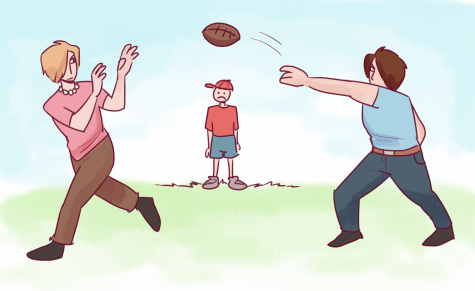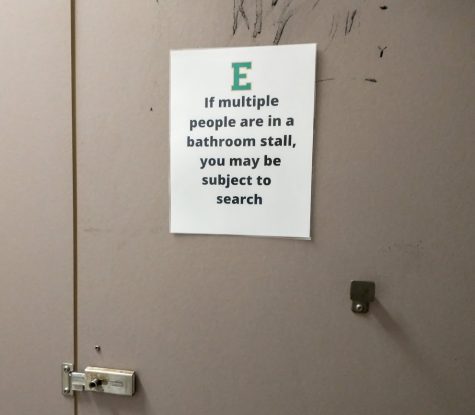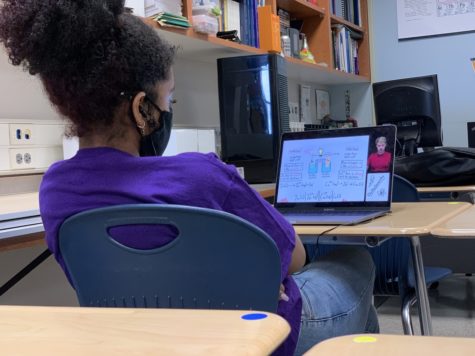Teacher leniency harms students in the long run
April 3, 2019
Throughout Edina High School, many teachers have become lenient with deadlines for homework and assignments. Lenient policies include anything from flexible deadlines or no deadlines to giving students extra credit points for turning assignments in on time. While there are certainly benefits to such policies, many students take advantage of them, which ultimately hinders their learning.
Lenient deadlines definitely have advantages. In a time when high schoolers are swamped with homework, extracurriculars, and work, having a couple extra days to do homework can drastically reduce a student’s stress. Furthermore, with flexible deadlines, students are more likely to turn in their best work, rather than work they completed quickly and thoughtlessly in order to meet a deadline. They can also increase student engagement in class, as students won’t be scrambling to get an assignment done during the class period.
When students start to take advantage of this leniency, however, it becomes a problem. For example, some classes at EHS have policies where there is no deadline for assignments, and assignments can be turned in several weeks after the summative. Some students use such policies as a crutch to put off doing the work until later, sometimes completing the homework after the summative examination, in which case they ultimately hinder the student’s performance on the test and their mastery of the content.
Additionally, lenient policies can have the effect of increasing procrastination. For instance, in some of the United States Literature and Language (ULL) classes at EHS, students are awarded extra credit points for turning in their summatives on time. While this policy provides an incentive for students to do their work on time, it also makes it so that there are no real consequences for procrastination, as students will simply not get the extra credit points if they turn in their assignments late.
This idea that there are no real consequences for procrastination not only harms students in the short run, but also in the long run. In the short run, procrastinating can harm a student’s mental health. According to an article by psychologists from Ashton College in Canada, passive procrastination—which is putting off something without replacing it with a useful task—can cause higher levels of stress, depression, and lead to a lower level of life satisfaction.
In the long run, high school policies that don’t penalize procrastination may harm students in college and in their careers. According to Psychology Today, it only takes two repetitions for a bad habit to form, meaning if a student procrastinates for only one month, this could become a long-term habit.
Another article from Psychology Today goes on to say that it is easier to form a habit than to break a habit. If high schoolers get into the habit of procrastinating, it is very hard to break this habit, meaning this habit could carry over into settings such as college and the workplace, where deadlines may not be as flexible as high school.
While lenient deadlines are helpful and useful for diligent students, when students begin to take advantages of such policies and use them as an excuse to procrastinate, the adverse effects of lenient deadlines far outweigh the positives.











